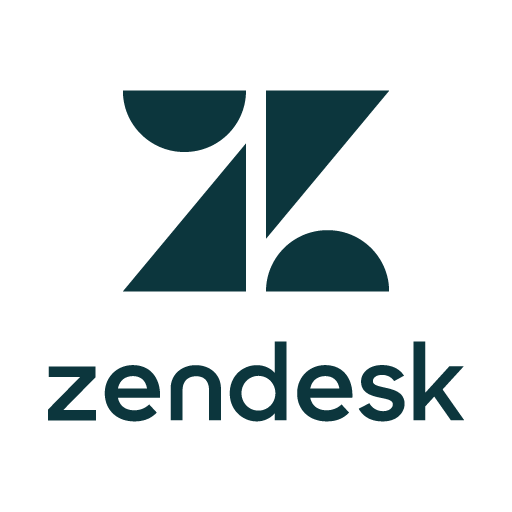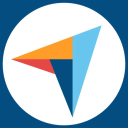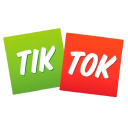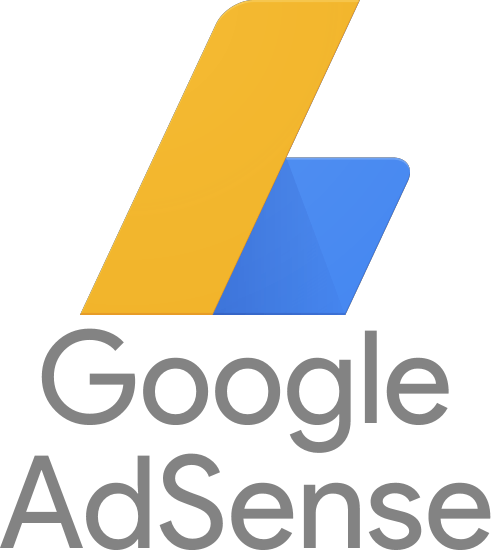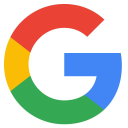How I Built The World's Most Popular Time Tracking Tool
My name is Nenad Milanovic, and I’m the founder and CEO of COING Inc. It’s the company behind Clockify, the most popular time tracking tool in the world and the choice of several global conglomerates.
Clockify paved the way, but now, we have two other SaaS products as well. The first one is Pumble, a team chat app we launched in 2020, which is rapidly gaining traction as an efficient Slack alternative.
The latest product in our ecosystem, Plaky, a project management platform, is well underway and will be available for public use this year.

What's your backstory and how did you get into entrepreneurship?
I have been interested in developing information technology from a young age, but I think I showed the first real signs of an entrepreneurial mindset back when I was 15.
The...
Sorry, you need to login and/or become a member to view the rest of this content.More Business Ideas Like This

